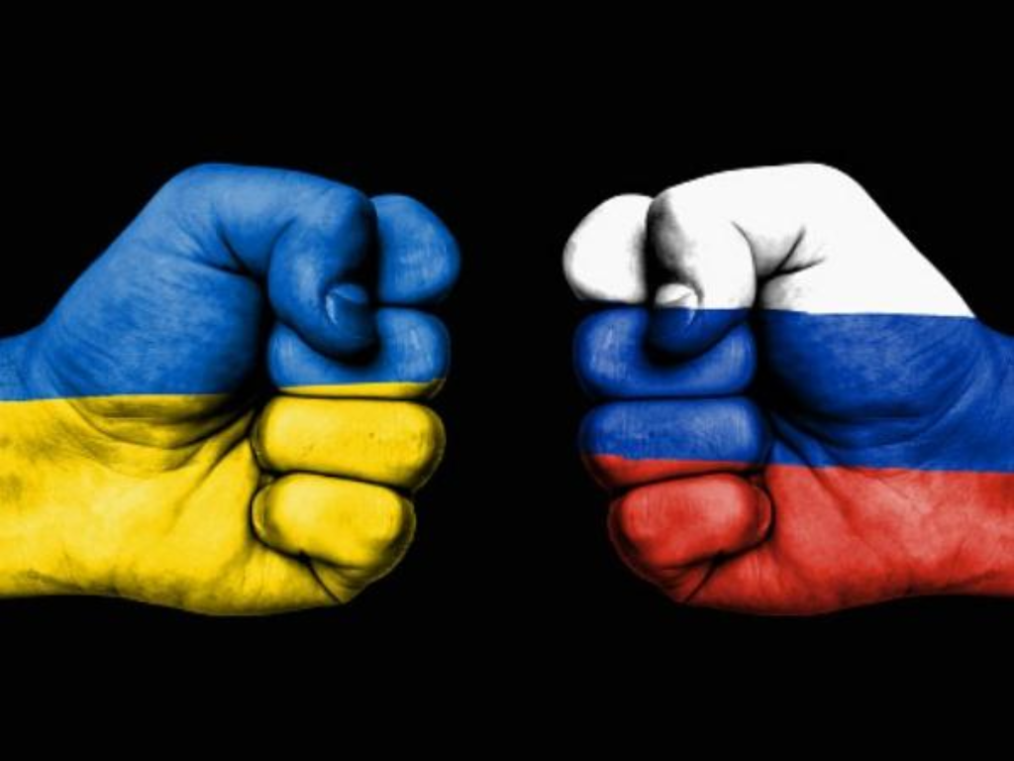
Russia’s War Gamble: Gaining Ground Before Trump’s Peace Talks
In recent months, Russia has intensified its assault on Ukraine, aiming to seize as much territory as possible before potential peace talks brokered by U.S. President Donald Trump. Moscow is leveraging every possible advantage, knowing that territorial gains could strengthen its position at the negotiating table.
Lieutenant-Colonel Vitaly, a Ukrainian artillery commander, describes the Russian strategy as relentless, with troops being forced into “meatwaves”—suicidal human assaults designed to overwhelm Ukrainian defences. “They’re not sparing their people, equipment, or ammunition to appear stronger in negotiations,” he says. Despite losing thousands of troops weekly, Russia has managed to capture another 4,000 square kilometres and now controls nearly a fifth of Ukraine.
Many in Ukraine believe this escalation is directly linked to Trump’s potential return to power. Andriy Yermak, chief of staff to Ukrainian President Volodymyr Zelenskyy, sees Trump as a strong leader with the ability to shape the war’s outcome. While Trump initially promised to end the war within 24 hours of taking office, he later backed away, realising the conflict’s complexity.
Top U.S. officials are now set to meet with European counterparts to discuss pathways to peace, following reports of a phone call between Trump and Russian President Vladimir Putin. Former CIA analyst Fred Fleitz, now with the Trump-aligned America First Policy Institute, suggests Trump may push for a ceasefire and frozen conflict lines as a starting point for negotiations.
“A solution acceptable to Ukraine likely won’t be possible until Putin leaves the political scene,” Fleitz says. “But in the meantime, Ukrainians will stop dying.”
However, senior Ukrainian officials, including presidential adviser Mykhailo Podolyak, reject this approach. “Freezing the front lines rewards Putin,” he argues. “Russia won’t stop—it wants total control over Ukraine.”
For Kyiv, security guarantees in any settlement are non-negotiable. Ukraine sees NATO membership as its best protection against future aggression, but this remains a red line for Russia. Trump himself has expressed sympathy for Moscow’s opposition to Ukraine joining NATO.
Fleitz warns that NATO membership may have to wait. “To stop the war, we may need to put Ukraine’s NATO bid on hold for 10 to 25 years,” he says. “That’s not what Ukraine wants to hear, but another way must be found to defend them.”
As Ukraine fights for its survival, the battlefield remains fluid—both in territory and in the high-stakes game of international diplomacy.



